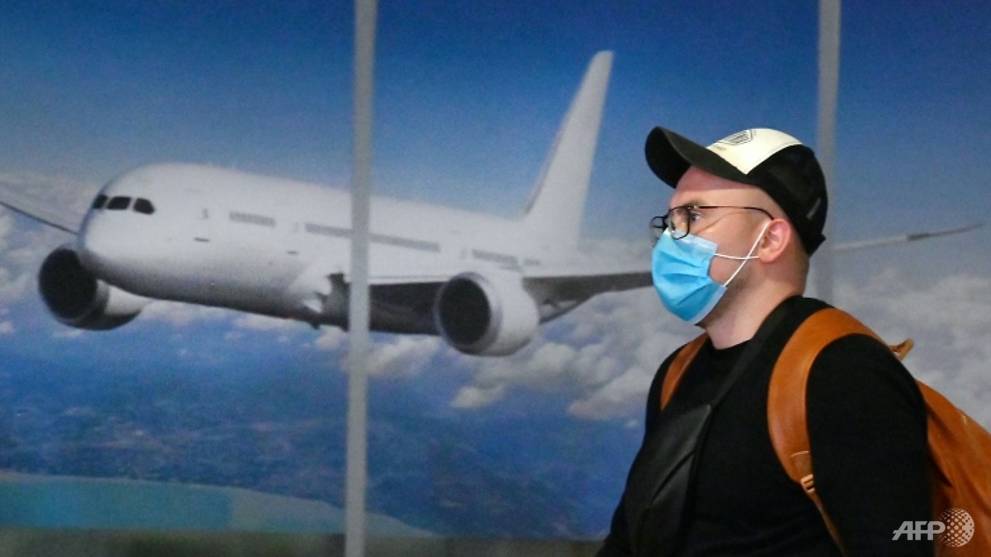
Markets welcome WHO virus declaration
HONG KONG: Markets rose in Asia on Friday (Jan 31) after the World Health Organization declared a global health emergency over the deadly new virus sweeping China.
After saying last week they needed more information, the WHO invoked the rarely used designation that experts hope will lead to better international co-ordination to combat a disease that has already killed 200 people, and sickened thousands more.
But the Geneva-based body stopped short of recommending trade and travel restrictions that could have had a bruising effect on China - a key growth engine for the world economy.
"This is not a vote of no confidence in China," WHO chief Tedros Adhanom Ghebreyesushe said, praising Beijing for its swift action to tackle the outbreak.
China has locked down a swathe of its centre, effectively quarantining millions of people in their cities and halting travel around the country.
"We must all act together now to limit further spread ... We can only stop it together," said Tedros, who travelled to China this week and met with President Xi Jinping.
Foreign airlines - including British Airways - have begun cancelling or curtailing flights to and from China, and a number of governments are recommending citizens do not visit the country.
But Tedros said there was "no reason" for any of the international travel or trade restrictions announced in recent days.
Investors applauded the WHO's move, plunging back into markets that have lost altitude over recent days as the 2019-nCoV crisis has worsened.
"Sure the WHO raised the alert, but they didn't ring the apocalypse bell so it could be time for risk-takers to come out of hibernation," said Stephen Innes, chief market strategist at AxiCorp.
The WHO move "eased some mushrooming fears by suggesting the number of outbreaks is relatively small", he said.
Tokyo led the way on Asian equity markets, with the Nikkei 225 up 1.3 per cent by the break, Hong Kong rose 0.3 per cent, while Seoul and Sydney added 0.4 per cent.
The reversal on major indexes had begun in New York, where the WHO's announcement sent Wall Street green after a session largely in the red.
Oil was up, partially correcting a days-long drop, with March contracts for major benchmarks WTI and Brent adding around 1.0 per cent.
"While it's virtually impossible to quantify the full extent of the demand destruction from the virus outbreak, if there was one asset class more oversold than others, it had to be oil given the bigger-than-life global supply overhang," said Innes.